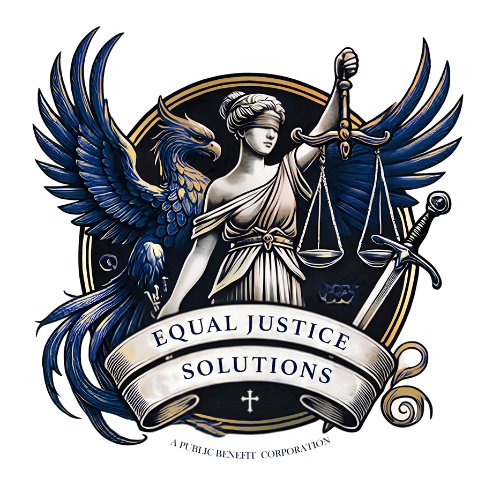A New York Abuse Survivor’s Trial Shows Why Objections Matter—In Commercial Litigation, Civil Rights, and Legal Malpractice
In June 2025, New York’s highest court reversed a conviction in a case that should never have ended in prison. The decision speaks volumes not just to criminal defense lawyers, but to every trial lawyer who serves clients in moments of profound vulnerability—especially survivors of abuse and businesses under attack.

The Case: A Survivor Stands Up for Herself, and Her Lawyer Lets the Jury Hear Lies
A woman was on trial for first-degree manslaughter after fatally stabbing her abusive partner. The record was heartbreaking. She had endured repeated sexual and physical assaults—strangulation, threats, public beatings. One incident even led to a restraining order.
On the night of the stabbing, she testified that he raped and choked her. She grabbed a knife and defended herself. She said she was scared for her life.
At trial, her defense was clear: justification. Under New York law, that means she reasonably believed deadly force was necessary to stop an imminent threat. The jury heard her say she feared for her life.
But during closing arguments, the prosecutor told the jury she never said that. Then he called her a liar—fourteen times.
Her lawyer said nothing.
The Court: A Line Was Crossed, and Counsel Failed His Client
The New York Court of Appeals reversed. It held that trial counsel’s failure to object to the mischaracterization of the record and personal attacks on the defendant’s credibility deprived her of a fair trial. Her attorney didn’t just lose strategically. He failed to protect her dignity and her defense.
Improper closing arguments appear in commercial trials too—especially when reputational harm or moral judgment is in play. If you stay silent, the damage may be irreversible.
Consider the contrast: In 2019, a Monmouth County, New Jersey trial judge, the Honorable Ana Viscomi, struck an Am Law 100 lawyer’s entire closing argument after she launched into a tirade about plaintiffs’ lawyers rounding up plaintiffs on TV.
That misconduct contributed to a $200+ million jury verdict in a Johnson and Johnson Talc Baby Powder case. Although the New Jersey Appellate Division later reversed the verdict on unrelated expert admissibility grounds, the trial court’s action made clear: judges notice summation misconduct—and will act when lawyers don’t.

Why It Matters to Commercial Litigators and Civil Trial Lawyers
This was a criminal case, yes. But the lesson is squarely for the commercial bar. If you try business cases, shareholder actions, fiduciary duty disputes, whistleblower retaliation claims, and of course and especially claims involving abuse—summation matters.
When your opponent misstates the record, attacks your client’s credibility, or crosses the line into improper argument, and you don’t object, you’re not just risking an appeal. You may be committing malpractice.
Improper closing arguments appear in commercial trials too—especially when reputational harm or moral judgment is in play. If you stay silent, the damage may be irreversible.
Of course, anyone who has tried a case know that
When a Survivor’s Story Gets Silenced, the Lawyer Must Speak
This case also speaks directly to our abuse litigation practice. Survivors of intimate partner violence often face skepticism in court. When they take the stand, they are putting their trauma into words for strangers. It is sacred ground.
For a prosecutor to misstate that testimony, and call the survivor a liar repeatedly, without objection, compounds the harm.
Our Commitment: Commercial and Abuse Litigation, Litigated with Moral Clarity
At Equal Justice Solutions, we try cases—business and civil rights, contract and trauma. We hold wrongdoers accountable, and we make sure the record reflects the truth.
Whether you’re a business owner defamed in court, or a survivor let down by your lawyer, we can help. Our trial lawyers preserve the record—and protect what matters.
Takeaways for All Litigators
- Summation Has Boundaries: Misstating testimony or attacking character is improper—in criminal or civil court.
- Objections Must Be Timely: Preserve the record or risk losing your appeal and your client’s trust.
- Malpractice Can Follow: In high-stakes cases, especially where your client is vulnerable, silence may not just be ineffective—it may be negligent.
- Protect the Vulnerable and the Reputable: In abuse cases, shareholder disputes, and trials with reputational stakes—your voice matters. Use it.
Bottom Line
This was a case where a woman stood up to an abuser and tried to defend herself—legally, emotionally, physically. Her lawyer failed to protect her story. The court gave her another chance.
We help make sure no client has to depend on an appeal to be heard.
If you’re facing an aggressive summation, a vulnerable witness, or a reputationally sensitive case—we’re here to help.
